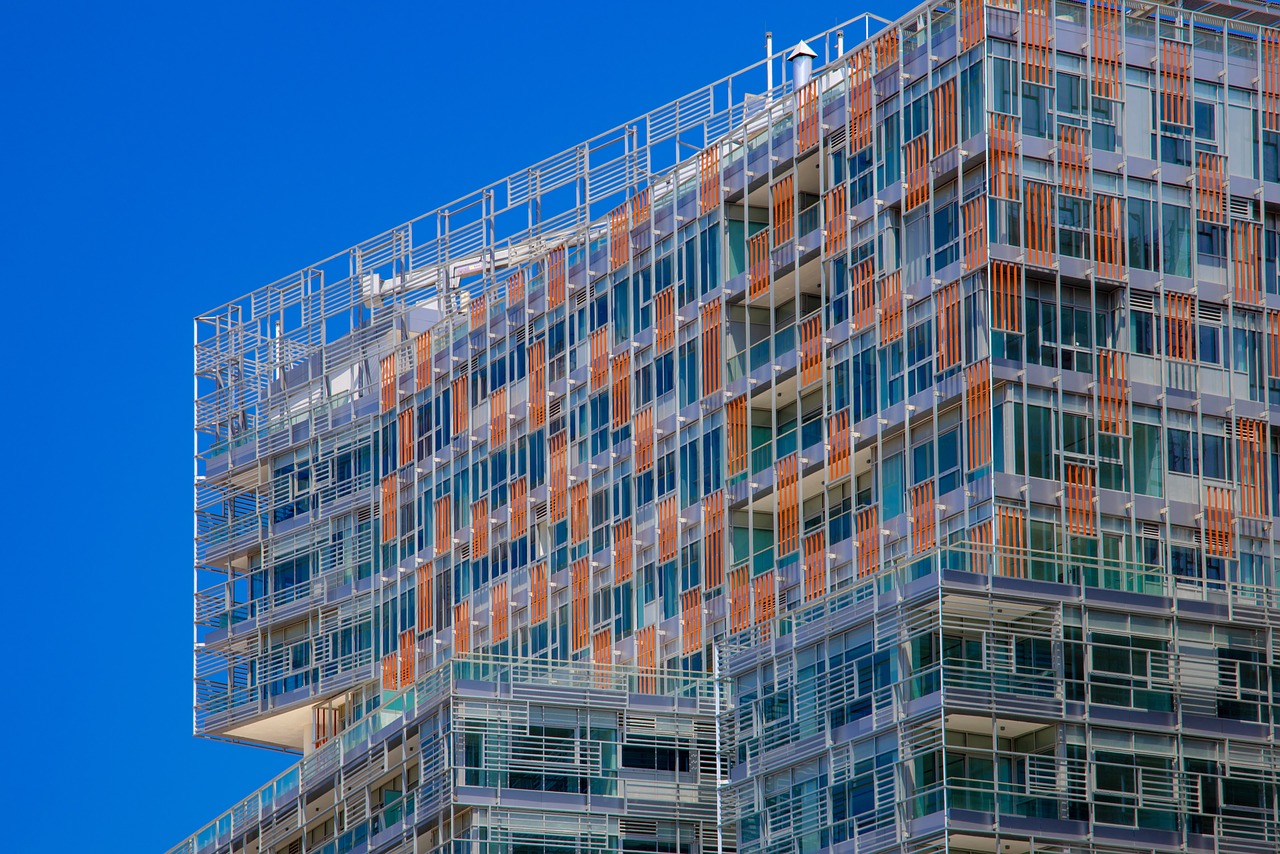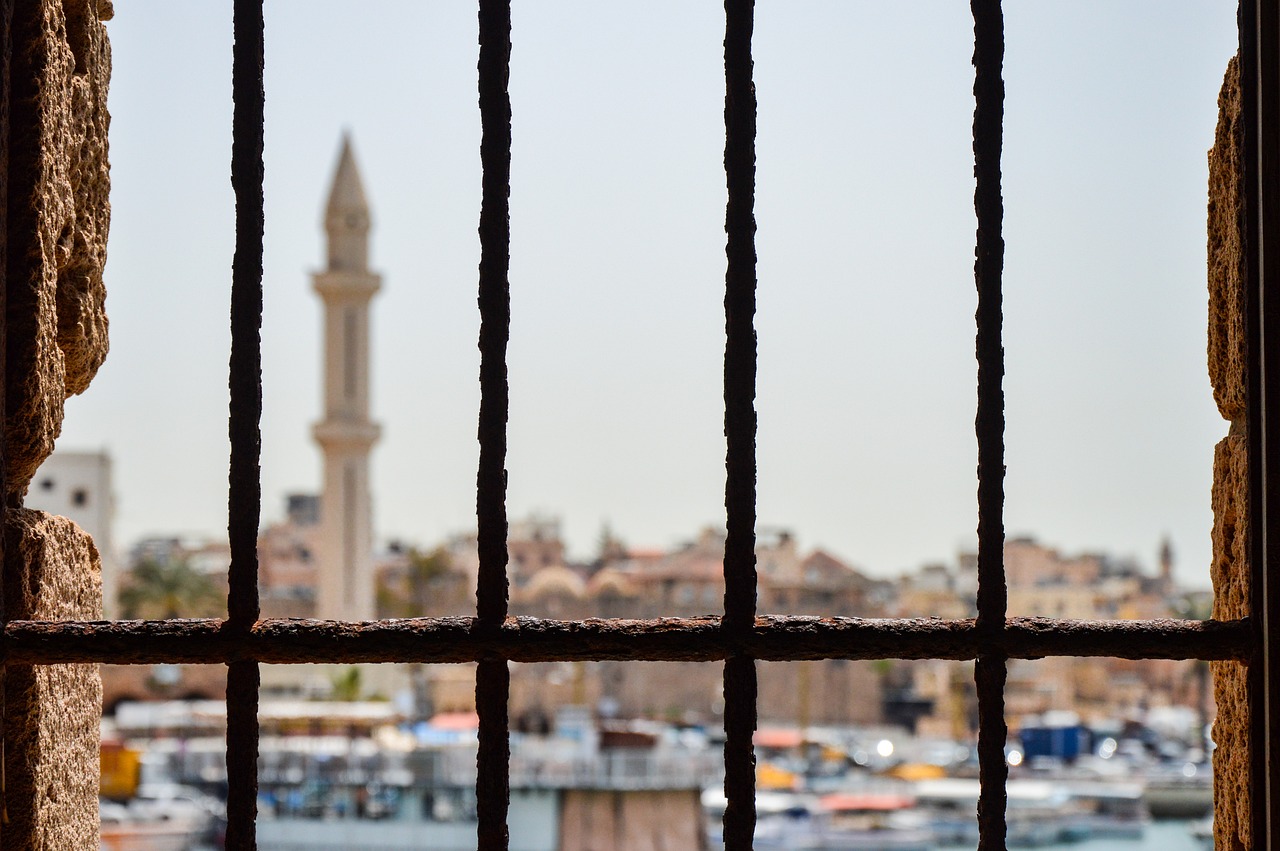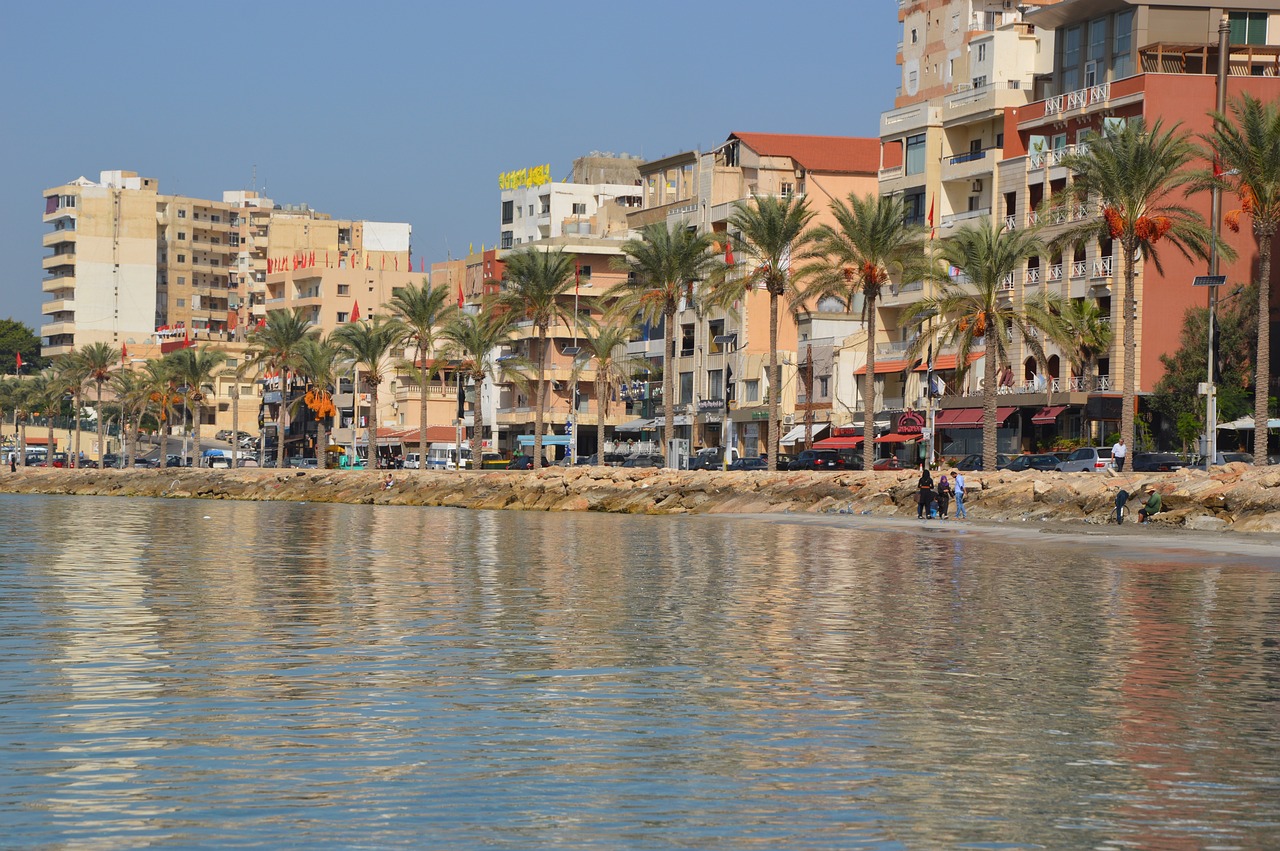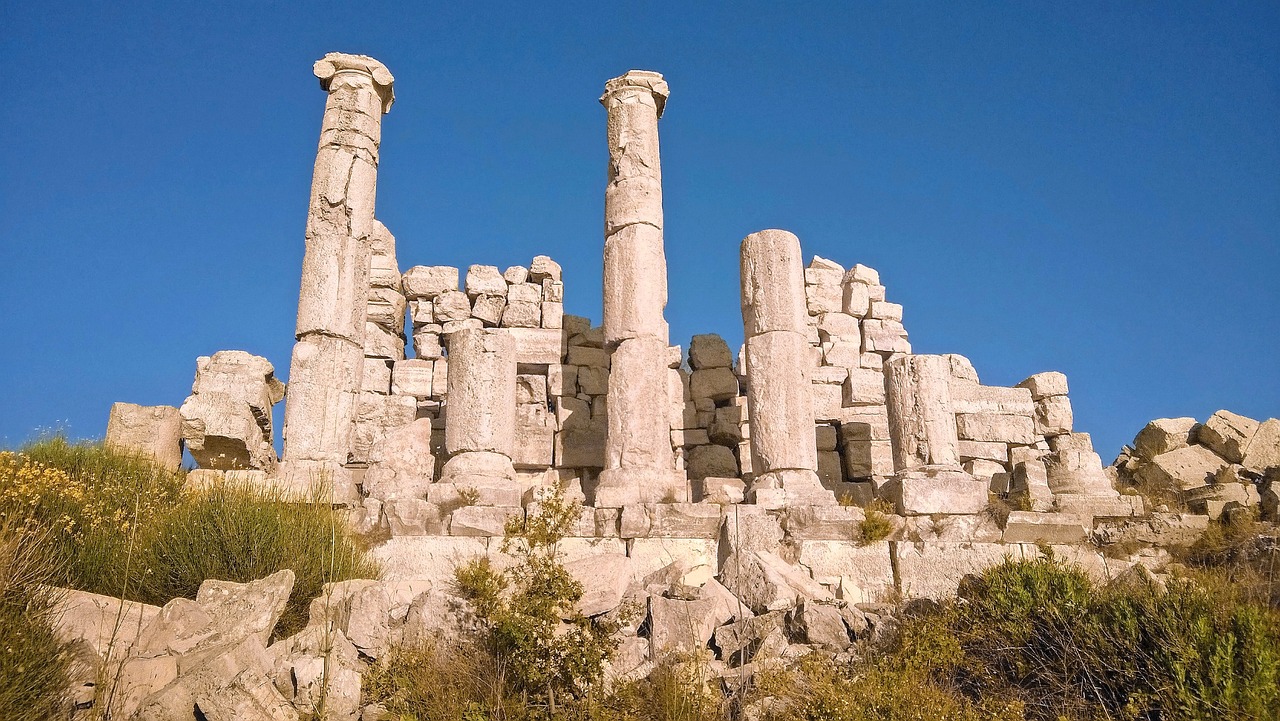Language and Communication: Overcoming Barriers in Lebanon
Language and communication play crucial roles in our daily lives, facilitating interaction, understanding, and cooperation. In Lebanon, a country known for its rich cultural diversity, language barriers can pose challenges to effective communication. This article explores the various linguistic challenges faced in Lebanon and highlights the strategies and initiatives taken to overcome these barriers.
Language Diversity in Lebanon
Lebanon is a multilingual country, with Arabic being the official language. However, due to historical and cultural influences, several other languages are spoken and understood by different communities. These languages include French, English, Armenian, and various dialects such as Lebanese Arabic. This linguistic diversity reflects Lebanon’s complex history and its interactions with different civilizations.
- French: French is widely spoken and taught in schools, particularly in urban areas and among the older generation. It is a remnant of Lebanon’s colonial past under French rule.
- English: English is also widely understood, especially among the younger generation and those involved in international business and tourism. English education has gained prominence in recent years.
- Armenian: The Armenian community in Lebanon speaks Armenian, maintaining their cultural heritage and identity.
- Lebanese Arabic: Lebanese Arabic is the most commonly spoken dialect in Lebanon. It has its unique characteristics and expressions, making it distinct from other Arabic dialects.
Challenges Faced by Language Barriers
While Lebanon’s linguistic diversity enriches its cultural fabric, it also presents challenges in communication, both within the country and with the outside world. These challenges include:
- Misunderstandings: Language barriers can lead to misinterpretations and misunderstandings, affecting personal and professional relationships.
- Exclusion: Individuals who do not speak the dominant languages may feel excluded from certain social and economic opportunities.
- Education: Language barriers can hinder access to quality education, especially for minority communities.
- Tourism: Limited language proficiency among locals may impact the experience of tourists visiting Lebanon.
Strategies to Overcome Language Barriers
Recognizing the importance of effective communication, Lebanon has implemented various strategies to overcome language barriers and promote inclusivity. These strategies include:
- Bilingual Education: Schools in Lebanon offer bilingual education programs, teaching both Arabic and either French or English to enhance language proficiency.
- Language Exchange Programs: Language exchange programs facilitate interaction between individuals from different linguistic backgrounds, promoting language learning and cultural understanding.
- Translation and Interpretation Services: Professional translation and interpretation services are available to bridge the language gap in various sectors, including healthcare, legal, and tourism.
- Language Awareness Campaigns: Awareness campaigns are conducted to promote multilingualism and encourage respect for all languages spoken in Lebanon.
Lebanon Image 1:

Language Preservation Efforts
In addition to overcoming language barriers, Lebanon recognizes the importance of preserving its linguistic heritage. Efforts have been made to protect and promote minority languages, including:
- Arabic Language Preservation: Lebanon prioritizes the preservation and development of the Arabic language, ensuring its continued vitality.
- Armenian Language Support: The Armenian community in Lebanon receives support to maintain and promote the Armenian language through cultural institutions and educational initiatives.
Lebanon Image 2:

Conclusion
Language and communication barriers in Lebanon pose challenges to effective interaction and understanding. However, through bilingual education, language exchange programs, translation services, and language preservation efforts, Lebanon strives to overcome these barriers and foster inclusivity. By embracing its linguistic diversity, Lebanon can enhance cultural exchange and create a more unified and connected society.
Lebanon Image 3:

References
– lebanon.com
– lebanon.travel
– lebanonembassyus.org


